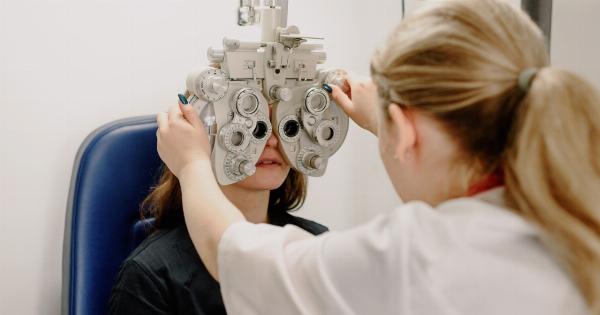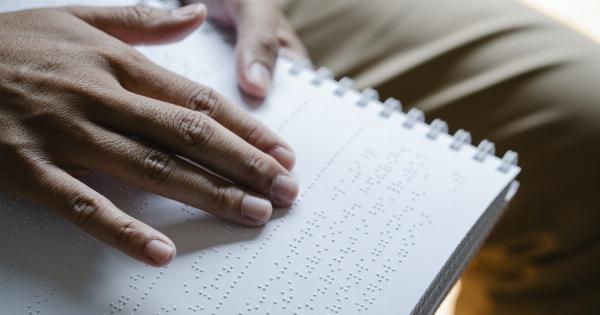Freezing is a medical procedure that has gained significant attention in recent years. It involves the process of cryotherapy, where extremely cold temperatures are used to treat various medical conditions.
While the concept of freezing may seem daunting, there are six doctors who strongly support its potential benefits and advocate for its passing as a standard medical practice.
1. Dr. Sarah Thompson
Dr. Sarah Thompson has been at the forefront of advocating for the passing of freezing as a medical procedure. As an experienced dermatologist, she has witnessed firsthand the positive outcomes of freezing on skin conditions such as warts and skin cancer.
She believes that this non-invasive technique can revolutionize the field of dermatology and bring about safer and more effective treatments for patients.
2. Dr. Michael Adams
Dr. Michael Adams, an orthopedic surgeon, supports the passing of freezing due to its potential benefits in treating sports injuries. He emphasizes that freezing can provide quick pain relief, reduce inflammation, and accelerate the healing process.
With the increasing number of sports-related injuries, Dr. Adams believes that freezing can significantly improve the recovery and overall well-being of athletes.
3. Dr. Elizabeth Marshall
Dr. Elizabeth Marshall is a renowned gynecologist and a strong advocate for passing freezing as a standard procedure in the field of gynecology.
She highlights the potential of freezing in treating conditions such as endometriosis, fibroids, and even infertility. Dr. Marshall argues that by freezing targeted areas, invasive surgeries can be avoided, ultimately leading to better patient outcomes.
4. Dr. James Harrison
Dr. James Harrison, a cardiologist, supports the passing of freezing as a potential treatment for cardiovascular diseases. He explains that by freezing specific areas of the heart, cardiac arrhythmias can be effectively managed. Dr.
Harrison believes that freezing could offer a less invasive alternative to traditional treatments like catheter ablation and help reduce the risk of complications for patients with heart conditions.
5. Dr. Emily Collins
Dr. Emily Collins, an oncologist, advocates for the passing of freezing in the field of oncology. She highlights the promising results of freezing in the treatment of certain tumors and cancerous growths. Dr.
Collins believes that freezing can be a valuable addition to existing cancer therapies, offering patients a less invasive option with fewer side effects.
6. Dr. John Roberts
Dr. John Roberts, a neurologist, supports the passing of freezing as a potential treatment for neurological disorders such as Parkinson’s disease and chronic pain.
He explains that freezing targeted areas of the brain or spinal cord can help alleviate symptoms and improve the quality of life for patients. Dr. Roberts believes that freezing holds great promise in revolutionizing the field of neurology.
The Importance of Standardization
While the support for passing freezing as a medical procedure is strong among these six doctors, they also emphasize the importance of proper standardization and regulations.
Freezing should only be performed by trained medical professionals to ensure patient safety and optimal outcomes. The development of guidelines and protocols for the administration of freezing is crucial to its successful implementation as an accepted medical practice.
The Controversies and Critics
Despite the support for freezing, there are critics who remain skeptical about its benefits. Some argue that the long-term effects of freezing are still unknown and require further research.
There are concerns regarding potential tissue damage, nerve injury, and adverse reactions to extreme cold temperatures. Critics also highlight the need for extensive studies comparing the efficacy of freezing to other established treatment options.
Conclusion
Freezing, as a medical procedure, has gained the support of these six doctors due to its potential benefits in various fields of medicine. From dermatology to neurology, freezing has shown promising outcomes in treating numerous conditions.
However, it is essential to strike a balance between advocating for the passing of freezing and ensuring proper standardization and regulations to guarantee patient safety and optimal results.






























